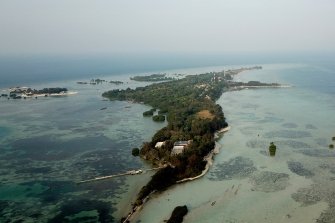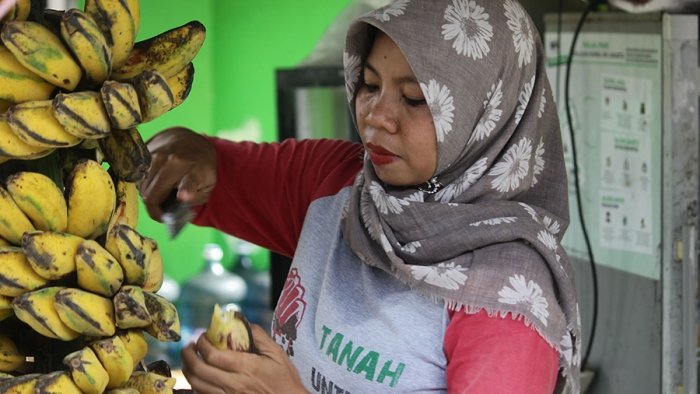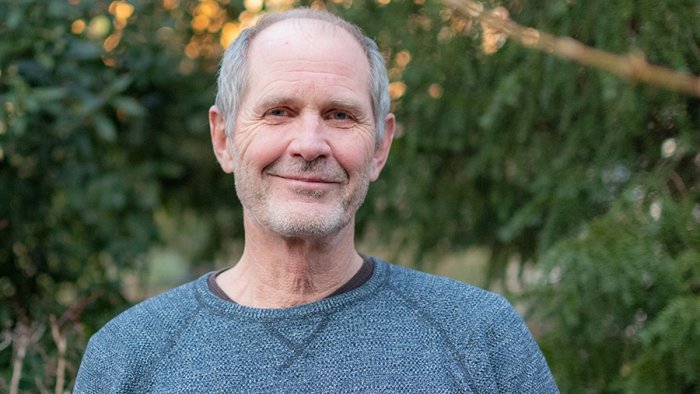An island demands justice
12 July 2022 – Climate change is causing sea levels to rise, destroying the livelihoods of the people on the Indonesian island Pari. The Swiss cement company Holcim bears a significant amount of responsibility for this because of its tremendously high CO2 emissions. Four residents are now demanding justice on behalf of the island and have taken legal action against Holcim in Switzerland. With the support of Swiss Church Aid HEKS/EPER, the European Center for Constitutional and Human Rights (ECCHR) and the Indonesian environmental organization WALHI, they are demanding that Holcim immediately and significantly reduce its CO2 emissions, pay compensation for damages already incurred and co-finance urgently needed flood protection measures. This is the first time that a Swiss company will be held legally accountable for its role in climate change.
The people on Pari must now pay for the measures to protect the island themselves – even though they have hardly contributed to climate change. “This is unjust,” said the fisherman Edi Mulyono, one of the four plain- tiffs, at a press conference in Bern on Tuesday. Furthermore, island residents are already suffering concrete losses. “Because of the flooding, fewer guests are coming, our income is dropping,” stated Asmania, who owns a guesthouse on Pari.



